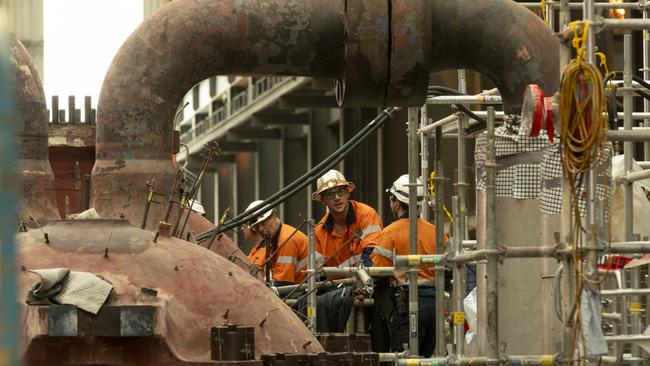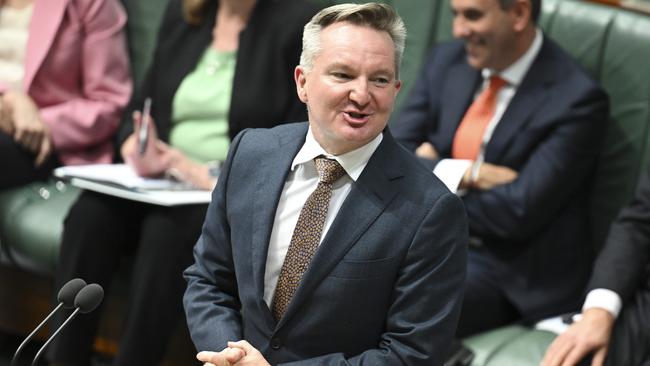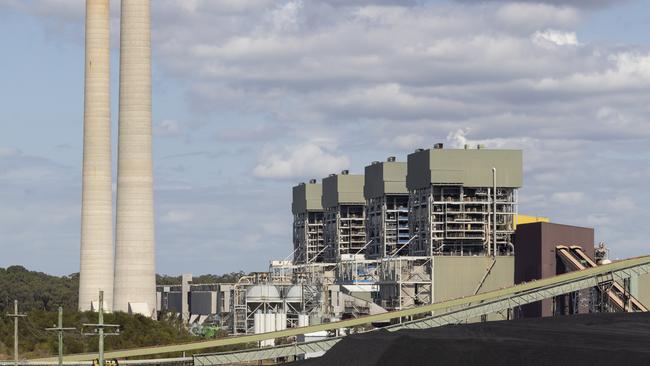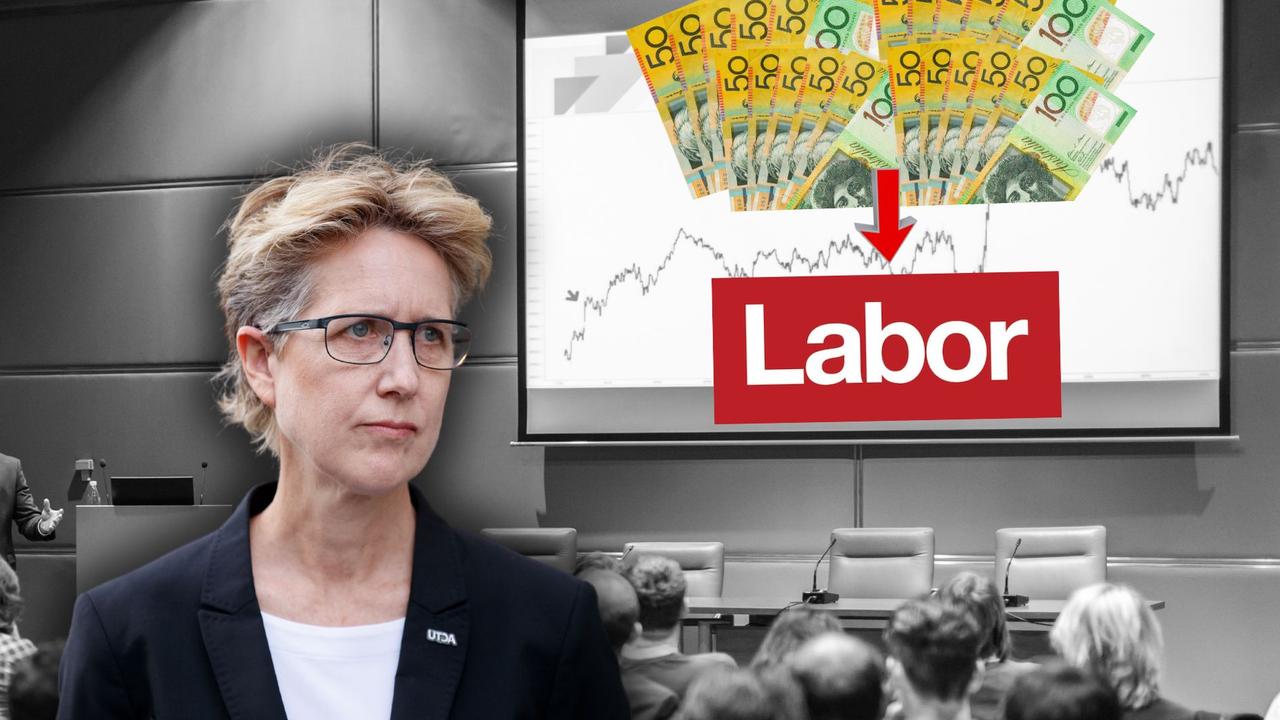‘Dead wrong’: Energy experts slam Chris Bowen’s coal claims
Energy experts have criticised comments made by federal Energy Minister Chris Bowen on Thursday that NSW’s blackout scare this week was caused by unreliable coal generation.

NSW
Don't miss out on the headlines from NSW. Followed categories will be added to My News.
Experts have criticised comments made by federal Energy Minister Chris Bowen on Thursday that NSW’s blackout scare this week was caused by the unreliability of coal-fired power stations.
Mr Bowen declared that coal-fired power stations are the “biggest threat to reliability” in Australia’s electricity grid and that only renewable energy with battery storage, backed by gas, would “ensure a reliable system”.
“The least reliable part of our energy grid at the moment is coal-fired power,” he told Sky News on Thursday.
“That’s just a statement of fact. There hasn’t been a day in the last 18 months when we haven’t had a breakdown in a coal-fired power station.”
Four of the 12 power-generation units at NSW’s coal power plants were offline on Wednesday for maintenance or breakdowns, which resulted in the Australian Energy Market Operator warning of a heightened risk of blackouts when demand soared when temperatures neared 40 degrees in parts of Sydney.

Coal-fired power plants had 55 separate outages in 2024 in the first three quarters of the year, both scheduled maintenance and unplanned breakdowns according to data from AEMO.
These shutdowns equated to the loss of 2,592 megawatts that would otherwise have been in the network.
Opposition energy spokesman Ted O’Brien said Mr Bowen’s comments were “unhinged” as much of the unreliability was caused by signalling that the market was on its way out.
“On one hand, he blames coal-fired power stations for reliability issues, and on the other, he insists they must be shut down as quickly as possible,” he said.
“The Minister is sounding increasingly unhinged.”
On Thursday black coal contributed 62 per cent of the state’s total energy makeup, with solar contributing 13 per cent and wind 11 per cent.
Former Australian Nuclear Science and Technology Organisation boss Dr Adi Paterson said coal had been reliable for decades with the current instability stemming from the government’s abandonment of the coal industry, which resulted in an increase in maintenance issues.
“Coal has not been unreliable for 150 years. Why would coal suddenly become unreliable now?,” he said.
“If you send a signal to the coal people that they’ll have to disappear, the people who own those plants will spend less money to run them, they won’t replace ageing equipment, they’ll run it as end of life and not long term assets. That signal has been sent by Labor.”

Former chief executive of Snowy Hydro and Infrastructure NSW Paul Broad said Mr Bowen’s comments around the reliability of coal were “dead wrong”.
“He’s not right at all — because everyone wants coal plants to close, the maintenance that’s done is less, so they become less reliable,” he said.
“With old plants you’ve got to keep investing in them and upgrading them — if you do so they will go for an awfully long time.
“We are rushing into making our country far less reliable.”
Despite concerns over a drop in maintenance around coal-fired power AGL, which operates Bayswater power station, spent $190 million in maintenance costs for the NSW power plant in the past year.
Energy Transition Program Lead at the Monash Energy Institute Dr Emi Gui said the economic conditions for coal-fired power had become increasingly challenging, with parts of the day when companies would run at a loss, reducing incentives for long-term maintenance of the plants.
“Coal fire power plants will take an economic loss because they have to maintain minimum generation,” she said.
“Given that the economics for coal fired power plants is not stacking up because solar and wind are becoming much more competitive some of these coal fired power plants are being forced out of the market.”




